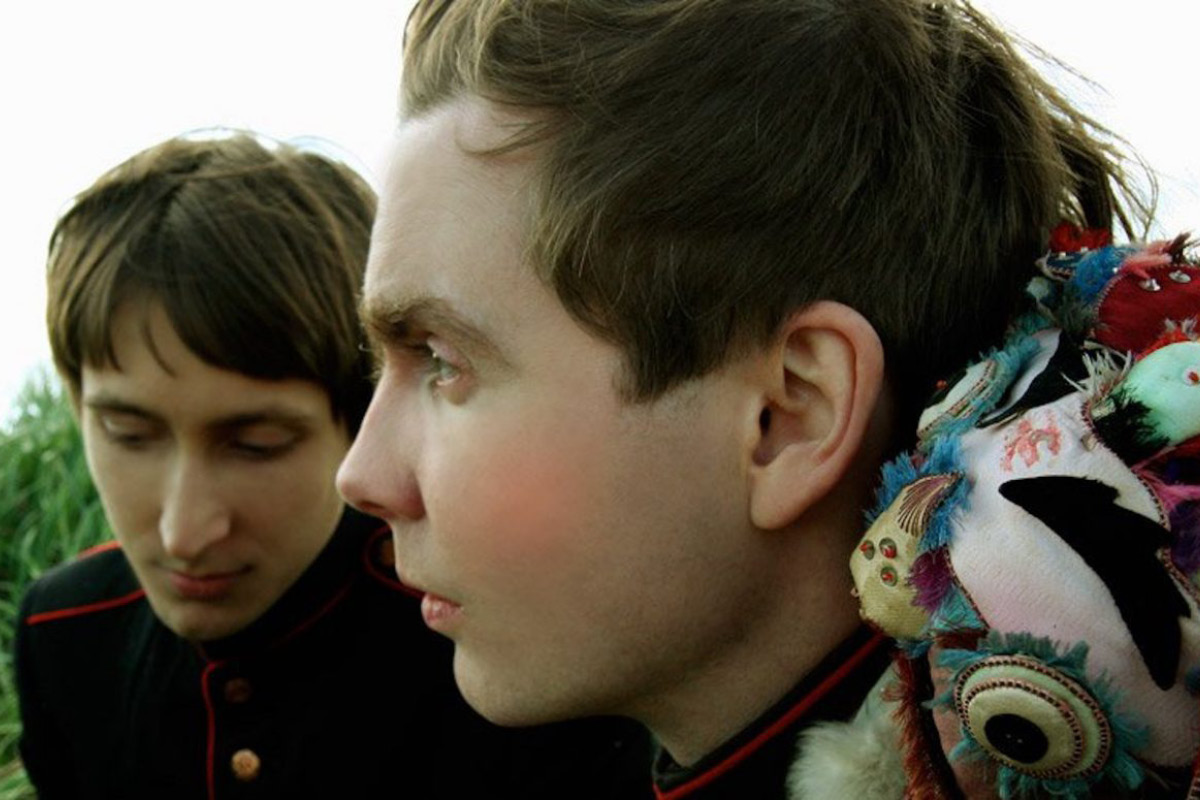What struck me most about Riceboy Sleeps was that the audience response seemed unanimously positive.
Those in the concert hall sat in complete silence and awe throughout the hour-long event; at the start of one piece of music, a woman behind me whispered “this one’s my favourite!” with a great deal of enthusiasm. I later received personal messages from friends asking if I’d attended and shared the experience of this outstandingly beautiful affair.
Admittedly, I felt like a lone wolf in this crowd – I was unfamiliar with the music, and therefore made the conscious decision not to listen to it prior to attending. I wanted this event to be an ambitious introduction to the soundworld of Riceboy Sleeps, an album here celebrating its 10th anniversary through live orchestral performance. Because of this, I found myself anticipating the progression of the music, rather than allowing myself to collapse into an unconditional envelopment in the ambience, alongside hundreds of others who indulged.
 Jónsi and Alex Somers
Jónsi and Alex Somers
Staged as part of Tasmania’s provocative Dark Mofo program, Riceboy Sleeps was presented in a dreamy Federation Concert Hall. Above the side balcony seats hung enormous black curtains; and most audience members knew, somewhat instinctively, to dress themselves in this unofficial shade of the festival. So when composer Alex Somers and Sigur Rós singer Jónsi Birgisson took to the stage and greeted us through the microphone, the overwhelming warmth of their welcome clashed with the coldness of the festival’s colour scheme – and let us know we would remain in aurally nurturing hands.
Nurturing is indeed how I’d describe this event; it felt calming and safe. It was so typically ambient, yet generated a distinct aura of its own through extended timbres from amped instruments (particularly enjoyable were the double basses) and unusual percussion instruments. Birgisson played the strings of his guitar with a bow, and Somers would sometimes move between their standing space in the centre of the orchestra (complete with laptop on a table) to a nearby piano. Gordon Hamilton donned a black t-shirt, too; and while the conductor ordinarily provides a strong presence in most any orchestral event, Hamilton sunk into the group as just another texture on the stage – a success in the context of this performance. Onstage lighting directed into the hall and clouds of artificial mist helped create an otherworldly feel – I’d imagine many to have found the experience purely meditative.
Some choir entries – whether at the fault of their director, or the crisp sound production – felt harsh on attack; similarly, voice and winds were occasionally out of tune, and within such vast bodies of sounds we were given plenty of time to notice. Occasionally, the odd instrument frequency was uncomfortably loud through amplification; and a recurring record crackle effect between songs left me filled with dread (on true vinyl, when you hear that particular crackle at a loud volume, the mind expects the following music will therefore be very loud). Also distracting were the waves of concert latecomers and the particularly sick audience, with more coughing than usual plaguing the wintery hall. However, these are complaints that presented minimal impact on the concert as a whole. The hour felt long, but in general it was an hour of peace and, as it seems, community among fellow Riceboy Sleeps fans.
Regardless of Dark Mofo or the album’s anniversary, this performance felt topical, as ensembles and orchestras across Australia are growing to embrace broader genres of music – from film music to ambience to ‘classical crossover’ styles. I’d like to see more of these non-conventional orchestral experiences gracing even more concert programs, as much can be said for the diversity and positivity it attracts among concertgoers.
I’ll certainly be awaiting the 2020 collaboration between Dark Mofo and the state’s most skilful classical players of the TSO. Until then, I’ll hunt out Riceboy Sleeps – the album.











Comments
Log in to join the conversation.